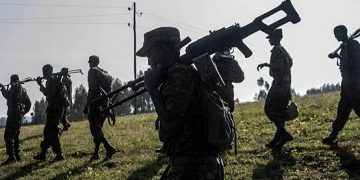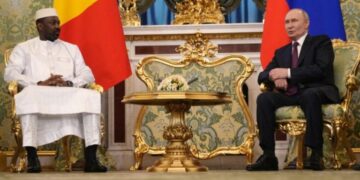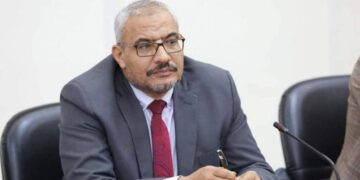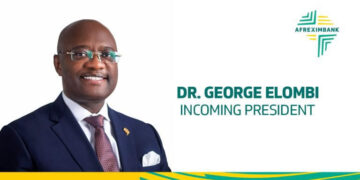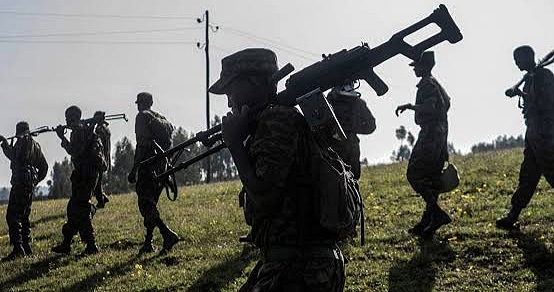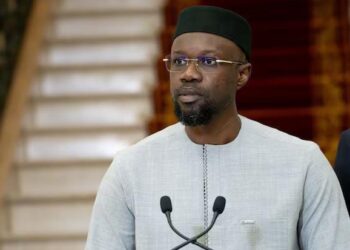By John Ikani
Talks between the senior commanders of the Ethiopian National Defence Forces (ENDF) and the rebel group Tigray People’s Liberation Front (TPLF) kicked off in Nairobi Monday, to draw up a plan for the disarmament of the fighters and subsequent rehabilitation.
The African Union (AU) said in a statement that the meeting “is consistent with Article 6d of the recently signed cessation of hostilities agreement between the Government of Ethiopia and the TPLF, in which the parties agreed to organize a meeting between senior commanders within five days of the signing of the agreement to discuss detailed work on implementation modalities, including disarmament issues, taking into account the security situation on the ground.”
“The meeting should also result in a ‘roadmap’ for immediate humanitarian access and restoration of services in the Tigray region,” he said, before stressing that “this entails making progress on the establishment of a hotline between the parties within 24 hours of signing the agreement to facilitate communications between senior commanders on both sides.”
The meeting is being facilitated by the AU High Representative for the Horn of Africa, former Nigerian President Olusegun Obasanjo, as well as members of the AU High Panel for Ethiopia, former Kenyan President Uhuru Kenyatta, former South African Vice President Phumzile Mlambo-Ngcuka, among others.
Getachew Reda, TPLF’s spokesperson, said they are committed to honouring the agreements made in Pretoria last week, “but more importantly, we leave it to the commanders to figure out how to implement the agreement that we agreed on.”
“It is time for the very people who have a deeper understanding of the situation on the ground to talk about how to go back and make sure that whatever happens is going to result in lasting peace,” he added.
According to the peace agreement, disarmament should be completed two weeks after the meeting of the senior commanders.
The conflict in Tigray erupted in November 2020 following a TPLF attack on the army’s main base in Mekelle, after which the Abiy government ordered an offensive against the group following months of political and administrative tensions, including the TPLF’s refusal to recognize an election postponement and its decision to hold regional elections outside Addis Ababa.
The TPLF accuses Abiy of whipping up tensions since coming to power in April 2018, when he became the first Oromo to accede to office. Until then, the TPLF had been the dominant force within Ethiopia’s ruling coalition since 1991, the ethnically-supported Ethiopian People’s Revolutionary Democratic Front (EPRDF). The group opposed Abiy’s reforms, which it saw as an attempt to undermine its influence.
